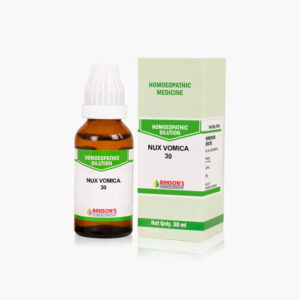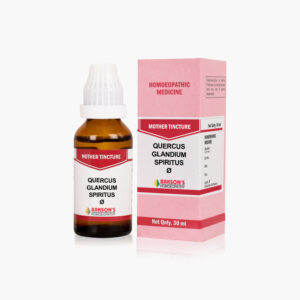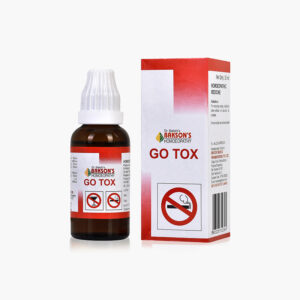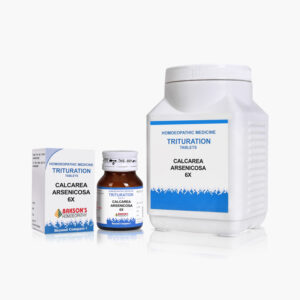What is Alcohol Abuse and Alcoholism?
Alcohol is a psychoactive substance with dependence-producing properties. Alcohol Abuse and Alcoholism are two terms which are often used interchangeably but they have marked differences. Alcohol abusers are those people who take too much alcohol on occasions leading to risky behaviours. On the other hand, Alcoholism means a person needs alcohol on a daily basis i.e. it has become an addiction.
It can cause adverse effects on the digestive and cardiovascular systems and may worsen some disorders like osteoporosis. Worldwide, 3 million deaths every year result from harmful use of alcohol.
Risk Factors
Although Psychological or social factors are a major risk factor in its occurrence, it may also run in families. Exact cause of alcoholism and alcohol abuse is mostly unknown. Males, college going students and a person with a history of a major stress, trauma or life event are known to abuse alcohol more often.
Signs and Symptoms
The short-term effects of alcohol intake include צ
- Slurring of speech
- Delayed reflexes
- Decreased control on bodily movements
- Memory gaps
- Risky behaviour
Alcohol dependence can result in withdrawal symptoms on trying to quit like nausea, sweating, anxiety, irritability and shaking or tremors. It is essential to seek medical advice when trying to quit alcohol.
Alcohol abuse is diagnosed by the observation of risky behaviours like drinking and driving, drinking to reduce stress, problems in social interactions, neglect of responsibilities, legal problems due to alcohol, etc.
Alcoholism on the other hand is found with behaviours like craving for alcohol, inability to control or stop drinking, increased tolerance for alcohol, inability to go about the daily activities without drinking, etc.
Management
Diagnosis is mainly clinical and management involves understanding the problem, committing to staying sober or abstinent or practicing healthy drinking, therapy, and finding an alternative for stress management.
Warning: Above information provided is an overview of the disease, we strongly recommend a doctor’s consultation to prevent further advancement of disease and/or development of complications.
Disclaimer: The information provided herein on request, is not to be taken as a replacement for medical advice or diagnosis or treatment of any medical condition. DO NOT SELF MEDICATE. PLEASE CONSULT YOUR PHYSICIAN FOR PROPER DIAGNOSIS AND PRESCRIPTION.



 Login
Login

